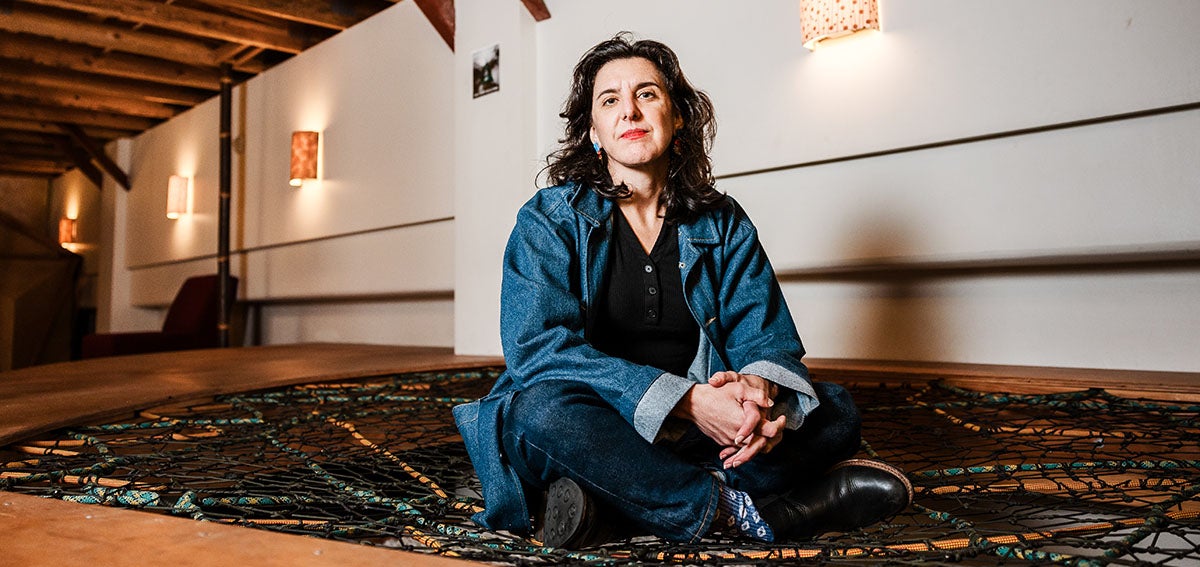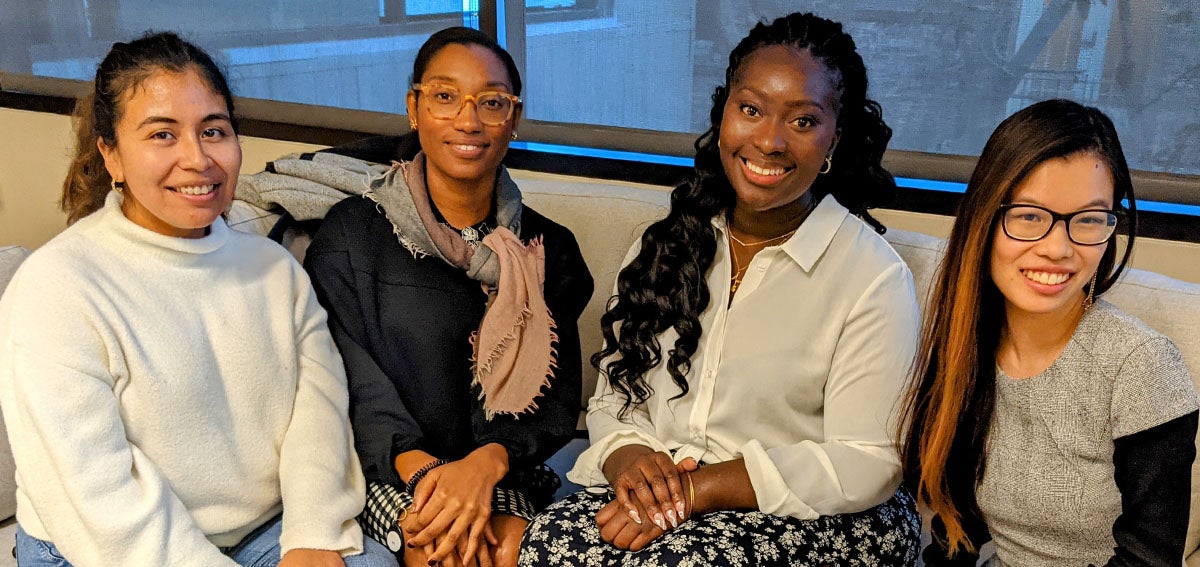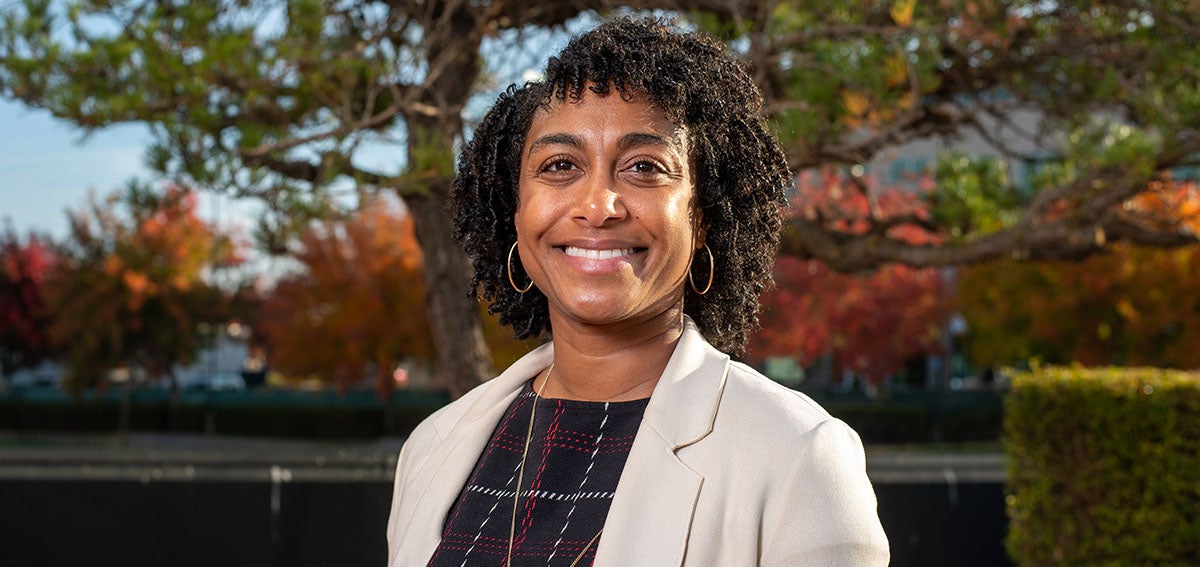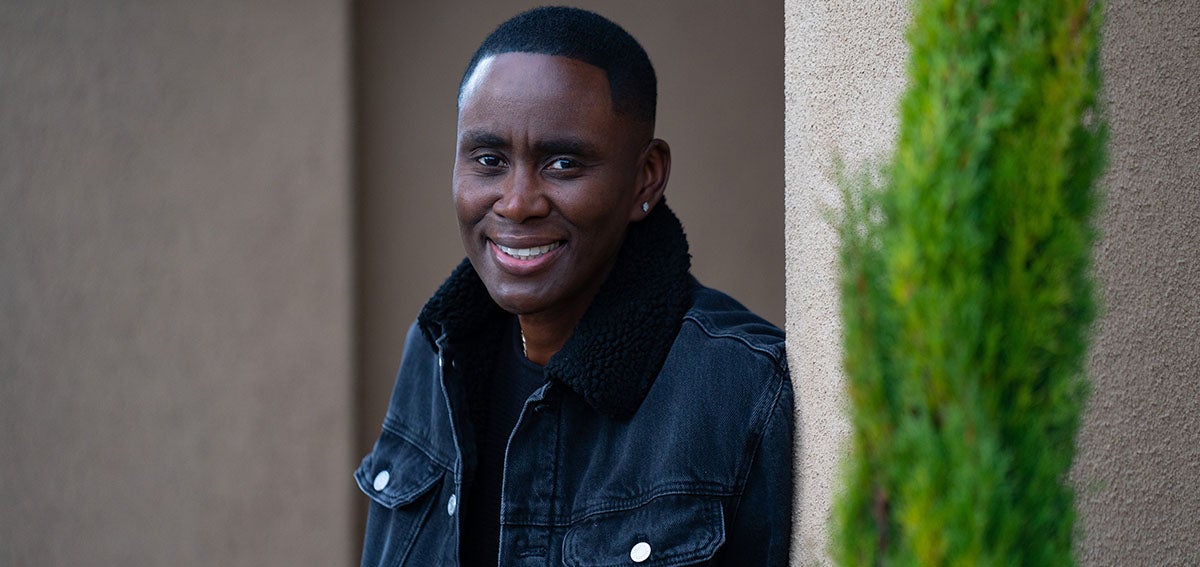
For Black Americans, good health is a cornerstone value. Surveys show they are one of the racial/ethnic groups most likely to prioritize health in their daily lives. In California, home to the fifth largest Black population of any state, the health care worries of Black residents are the same as everyone else’s — insurance coverage, out-of-pocket costs, an unwelcome diagnosis.
But in California and nationwide, Black communities bear an additional heavy burden — significant structural barriers in the health care system that make it difficult to achieve racial equity in health outcomes. All too often, an engagement with health care providers becomes an odyssey of treatment that is starkly different from that given to White patients. In obtaining the medical care they need, Black Americans say they must remain on guard to protect themselves and their families. And even when they regard a medical outcome as satisfactory, many report dissatisfaction with their experiences.
The first phase of a new, ongoing study conducted by EVITARUS, a Los Angeles–based public opinion research and public policy consulting firm, finds that across gender, age, and income spectrums, Black Californians commonly experience a web of difficulties in interactions with both public and private health providers. They respond to these barriers with ingenuity, drawing on resources from their neighborhood or community and devising elaborate strategies to overcome obstacles
“Black Californians know all too well that few things are as painful and dispiriting as the sting of prejudice based on racial or ethnic identity.“
CHCF commissioned EVITARUS to conduct this qualitative research to understand and amplify the voices and experiences of Black Californians through individual in-depth interviews with 100 participants. Altogether, the three-phase study will help to identify health policy reforms and new clinical practices that can shape a more responsive and just health care system.
Painful Experiences
Many Black Californians complain that medical office staff (including nurses and physicians) make them feel unwelcome, unnecessarily subjecting them to wait times exceeding that of non-Black patients. They also say that staff disregard their reports of pain. The vast majority of respondents say they receive this kind of treatment because they are Black.
Like law enforcement agencies, the court system, and workplaces, the health care system in the US inflicts explicit and implicit biases (prejudices that are present but not consciously recognized), respondents told researchers. Having experienced it in restaurants, shopping malls, and other public accommodations, Black Californians know all too well that few things are as painful and dispiriting as the sting of prejudice based on racial or ethnic identity.
California’s Black population is large and culturally diverse, so it stands to reason that its members have devised a wide range of responses to these challenges. Some spend months reading, surfing the internet, and asking friends for recommendations before settling on which doctor will provide their care. Others drive great distances to see that special physician who listens, understands, and responds to them as people and not just patients. Some Black Californians approach medical encounters as a struggle, girding themselves for battle with nurses and doctors who frequently dispense condescension with their treatments. There are those who say seeking care is an ordeal to be avoided except in a compelling emergency. And some have given up on the health care system and simply abandoned it.
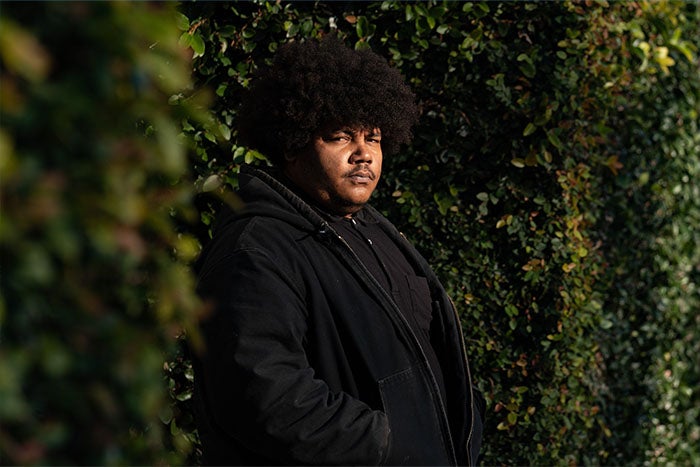
Disrespectful Informality
Isaiah White, 25, of Los Angeles, says what discourages him most when seeking care is that he’s “not sure what to expect.” He hopes never to experience again a disrespectful informality or dismissal on the part of medical staff. In previous encounters, he says, he’s heard staff crack jokes about his surname — White — and express surprise upon meeting him that he is in fact Black. He has also observed how a sudden chill can come over the demeanor of intake people when he presents his identification card for Medi-Cal, the state health program for people with low incomes or disabilities. “They will make you wait if you have Medi-Cal,” he says. “They want to take care of the high-paying people first.”
About a year ago, White was on the job at a Los Angeles–area warehouse unloading heavy containers of clothes and canned goods when he felt pain in his lower back. The pain became so severe that he went to a hospital emergency room. White entered the ER at 3 PM but was not treated until nearly 8 PM. “To be honest, I didn’t know if it was racism or just sh*t service,” he says. Although he’ll eventually need surgery to remove a cyst near his spine, this ordeal has led White to put off medical care if possible. “I’ve developed a bad habit of avoiding doctors,” he says. “It just becomes a task.”
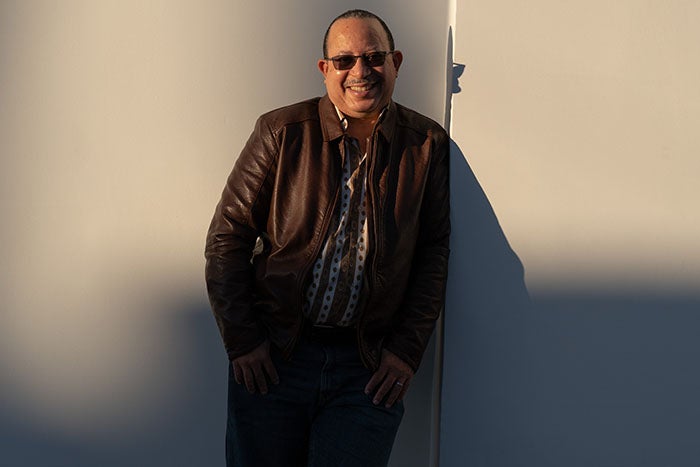
Erroneous Assumptions
Randy McKenzie, 55, a human resources manager who lives in Pasadena, says it rankles him when doctors assume he is an undisciplined, noncompliant patient because he is Black. “They make certain assumptions because of my race,” says McKenzie. “I’m prediabetic, and when my cholesterol was high, they didn’t offer me an option to bring it down without using pills. I had to say to the doc, ‘I can do this.’ But he wasn’t offering me a choice.”
Although he is controlling his cholesterol through exercise and diet now, McKenzie says that “high levels of distrust” between physicians and patients makes going for treatment far more stressful than necessary. When asked if he trusts physicians, McKenzie answered “sometimes.” McKenzie added that wrong assumptions are not made only by non-Black physicians. He says he has observed nurses and physicians of color do the same thing.
McKenzie, whose brother is an anesthesiologist, says some of the cultural gaps that divide doctors and patients could be improved by “better training in cultural sensitivity” through medical school and postgraduate training. Medical trainees should be taught about developing a more thorough understanding of how bias can work below the level of conscious awareness — and how it can emerge unintentionally, damaging fragile trust with patients, McKenzie says.
Hours of Planning and Preparation
Princess Murray, 48, of Corona, is gender nonconforming and Black. While Murray emphasizes that these are both proud dimensions of her identity, this combination of traits can be a liability when seeking health care. Murray, who is employed by a foster care agency, says subtle (and sometimes not so subtle) forms of bias are less prominent in restaurants, movie theaters, and other public venues than they are in medical offices.
“All I want is a doctor without bias, someone who will give me a full exam and address my medical needs — all the things everybody wants and hopes for.“
—Princess Murray
“My health care is important,” says Murray, “and I don’t want my health to be harmed because of a bias.” For her, going to the doctor often requires hours of planning and preparation. “For instance, I have to think about what clothes to wear — and how will I wear my hair. Do I wear a hat?”
“I try to appear as straight as possible, so I don’t get discriminated against,” Murray says. “I’ve been doing this for so long. When you get to a doctor’s office, and it’s not the right place for you, you know, because you can just feel the mistreatment.” Of course, the Black side of Murray’s identity is immutable.
To find a good physician has always been a difficult bet, Murray says. At one point she drove three hours each way to see a doctor who was said to be excellent. But there have been more than a few times when visits to new doctors turned out to be misfires. “One doc grilled me with questions about whether I am female or not,” she says. “I left there without even getting any treatment. I just felt she was not going to give me the proper care.”
Within the Black community, LGBTQ people are less accepted than in White culture, Murray says. “I’ve come to a point in my life that I just expect it. But in health care, all I want is a doctor without bias, someone who will give me a full exam and address my medical needs — all the things everybody wants and hopes for.” Currently, a Black female doctor is providing care, and Murray says she is a good match.
Hoping for Changes Across the Health Care System
It’s clear so far from this first phase of research that although Black Californians tolerate unique burdens in relationships with the health care system, their resourcefulness, persistence, and adaptability suggest they would welcome top-down changes in health policy and bottom-up changes in clinical practices.
As these stories show, Black Californians have well-developed views of what constitutes good health care. For all of them, equitable health care can only be provided by a physician who cares, understands, and respects them as they are.
The remainder of the research in this CHCF study is underway and expected to be published in summer 2022.
Authors & Contributors

David E. Thigpen
David E. Thigpen is a faculty member of the UC Berkeley Graduate School of Journalism, where he directs undergraduate curricula. Before entering academia, he was a Time journalist who reported for the magazine from New York and Chicago covering politics, Wall Street, and popular culture. David is currently a member of the board of directors at the Institute for the Future in Palo Alto as well as The Daily Californian, the student newspaper of UC Berkeley.

Harrison Hill
Harrison Hill is a documentary photographer and filmmaker based in Los Angeles, California. His work focuses on social justice issues centered around communities of color in the US.


